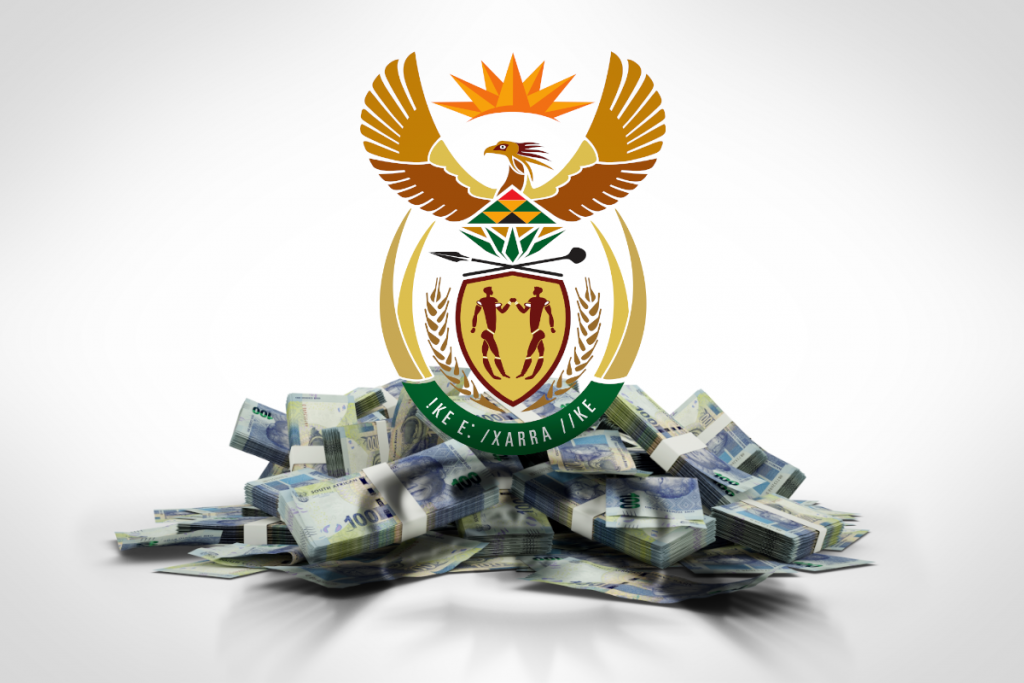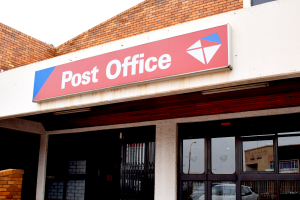Over 50,000 government workers in South Africa are now millionaires

The number of government employees earning over R1 million per year has increased by 450% from a decade ago, with 55,000 public workers now considered millionaires.
This was revealed in the Medium-Term Budget Policy Statement (MTBPS), detailing the government’s employment and compensation data.
According to the document, The government employee wage bill has skyrocketed from R408 billion in 2013/2014 to R724 billion in 2023/2024.
The National Treasury said that this massive increase is due to government determinations and collective bargaining agreements, which are reviewed periodically to ensure fairness and competitiveness and to align with economic conditions and government priorities.
It added that pay progression agreements, pension contributions benefits and allowances – such as overtime pay, housing allowance, and medical aid – have to increase with the relevant inflation rate, and this, in turn, increases the total wage bill every year.
According to the data, the number of employees with annual earnings in excess of R1 million per year has increased from just above 10,000 in 2013/2014 to over 55,000 in 2023/2024.
Another 180,000 employees earn between R600,000 and R1,000,000 per annum – equating to between R50,000 and R84,000 per month – while almost half of all 1.3 million government employees earn over R350,000 per year.
South Africa’s government employee wage bill stands out as one of the highest among emerging markets, as it accounts for a significant share of the country’s gross domestic product (GDP).
Specifically, the wage bill is 3.5% greater than the average of Organisation for Economic Co-operation and Development (OECD) countries. Over the past decade, the average remuneration per government employee has grown substantially, driven primarily by above-inflation increases for national and provincial employees.
These significant increments occurred during a period of weak economic growth and tightening fiscal constraints, which have further complicated the country’s fiscal challenges.

Godongwana added that consolidated government spending, on average, consistently grew faster than GDP and consolidated revenue, mainly driven by the public-service wage bill, rising debt-service costs and transfers to households.
Treasury noted in its 2023 budget review that the public wage bill is one of the main risks to the fiscal outlook. Despite this, the majority of South Africa’s public sector unions agreed to a 7.5% wage increase earlier this year after five months of strike action.
The two-year, multi-term deal is significantly higher than what the government had factored into its 2023 budget, which snuffed out any efforts to manage the bloated bill. By 2026, the public wage bill is expected to increase to R769 billion.
Godongwana announced during his MTBPS address that he would honour the public sector wage deal struck in March, even though it had only budgeted for a 4.5% raise.
The deal will come at an additional cost to the Treasury of R23.6 billion, Godongwana said. Government departments will have to find the remaining R10.1 billion through reprioritisation of budgeted funds.
However, Godongwana further noted that the government plans to contain the wage bill by encouraging employees to take early retirement and placing restrictions on the filling of non-critical posts.
The government remains committed to plans to “reconfigure” the state by reducing the number of government departments and cabinet positions, Godongwana said.




















